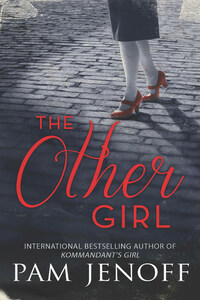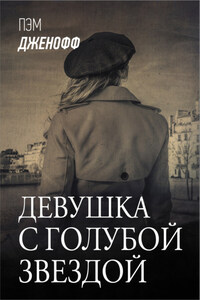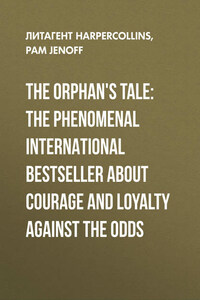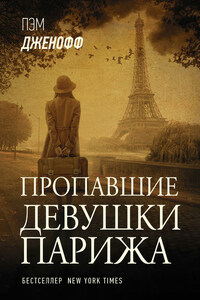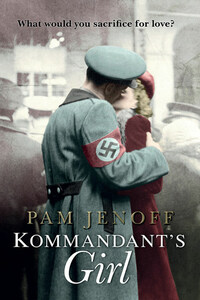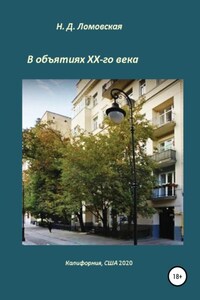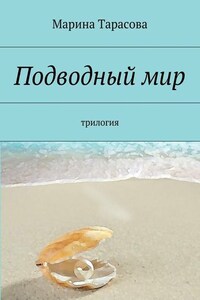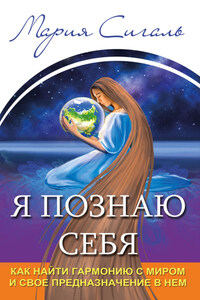Onewoman’sdeterminationtoprotectachildfromthedangersofwarwillforceher tofacethoselurkingclosertohome...
Life in rural Poland during WWII brings a new set of challenges to Maria, estranged from her own family and left alone with her in-laws after her husband is sent to the front. For a young, newly pregnant wife, the days are especially cold, the nights unexpectedly lonely. The discovery of a girl hiding in the barn changes everything—Hannah is fleeing the German police who are taking Jews like her to special camps. Ignoring the risk to her own life and that of her unborn child, Maria is compelled to help. But in these dark days, no one can be trusted, and soon Maria finds her courage tested in ways she never expected and herself facing truths about her own family that the quiet village has kept buried for years...
FromtheinternationalbestsellingauthorofKommandant’s GirlcomesasearinghistoricalcompanionnovellatoThe Winter Guest
Biekowice, Poland 1940
As a train whistle cut through the darkness outside, Maria closed the book she had been reading and wished for the silence of snow. She nestled deeper into the window seat, which she had discovered buried beneath a pile of boxes in the attic shortly after she had come to live here, and pressed her forehead against the cold glass.
Her eyes traveled out the window to the field of stars above. Could Piotr see them as well? She quickly hoped that he could not. There had been no letters yet. It gave her comfort, though, to picture him indoors somewhere, safe and warm, however unlikely that might be. For him and the other men, the late onset of winter was surely a blessing.
From the room below, snores rose, loud and persistent. Through the rafters, she could see Piotr’s father in the rocking chair with his head tilted back, mouth agape. The house, with its wide-beamed oak floors and high ceiling, should have been lovely. But it was missing the decorative touches Maria had taken for granted growing up, and the result was a lack of warmth that would always make it somehow short of home.
But it was home now. Resigned, Maria turned down the lamp. She descended the ladder and tiptoed toward the bedroom she and Piotr had shared. She had moved in the same crisp October day that they had married in the parish church, the occasion marked only by a bit of sweet bread at the end of supper. Scarcely a month later, Piotr had received orders to report. Call-ups had been rumored for some time and he had taken the news stoically, packing his rucksack as though going hunting for the weekend. He’d been gone nearly three weeks now, leaving her a stranger in the cold, spare house.
Did his parents mind that Maria had stayed on? It was not as if she had another option. The Adamczyks were distant, though not unkind. Piotr’s father labored long hours and came home to eat wordlessly each night before falling asleep in his chair. All day long his wife moved from one household chore to the next without pausing. When Maria tried to help, Pani Adamczyk deemed her work unsatisfactory and waved her off.
So Maria tried to stay out from underfoot and filled her days with knitting and other small projects. Not that she altogether minded being on her own. She was an only child—or had been since her brother, Marek, died when she was two—which was unusual in these parts where most families were large. She missed having purpose, though, as she had when she was a teacher. The school had been closed by order of the Government General in Krakow. War had nipped at the edges of their tiny village, Biekowice, changing little things first, like the requirement of registration cards. Later had come the food requisitioning that left the market so bare. Piotr’s family had not been affected as badly as most—the farm produced enough simple fare to keep their stomachs full. But she could see the hunger on the faces at market, the obsession with whether there would be enough to eat. There were bigger changes, too, that Maria could not explain as clearly: a quiet desperation, neighbors who had lived alongside one another for generations eyeing one another with suspicion.
As Maria passed through the kitchen, she noticed that the leftover potatoes from dinner were sitting out, an unusual slip in the fastidious Adamczyk household. They couldn’t afford to have food spoil, but perhaps Piotr’s mother was planning to make something from them this evening. Maria walked toward the bedroom her in-laws shared and tapped on the door, which was ajar. “Pani Adamczyk, would you like me to put the potatoes away?”
Piotr’s mother was sitting on the edge of the bed, hunched over and facing the far wall. Maria stepped closer. “Pani Adamczyk?” she repeated softly when no response came. The older woman lifted her head, silhouetting in the lamplight the square jaw and broad forehead so reminiscent of her son, features that were better suited to a man. Closer, Maria saw that the older woman held with shaking hands a photo of Piotr as a boy. Though cold and unemotional on the surface, Pani Adamczyk missed her son.
